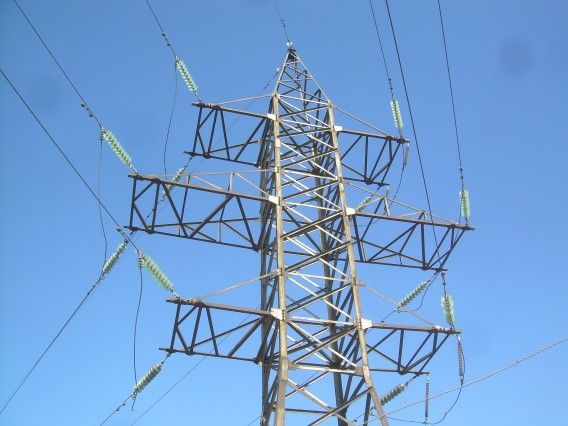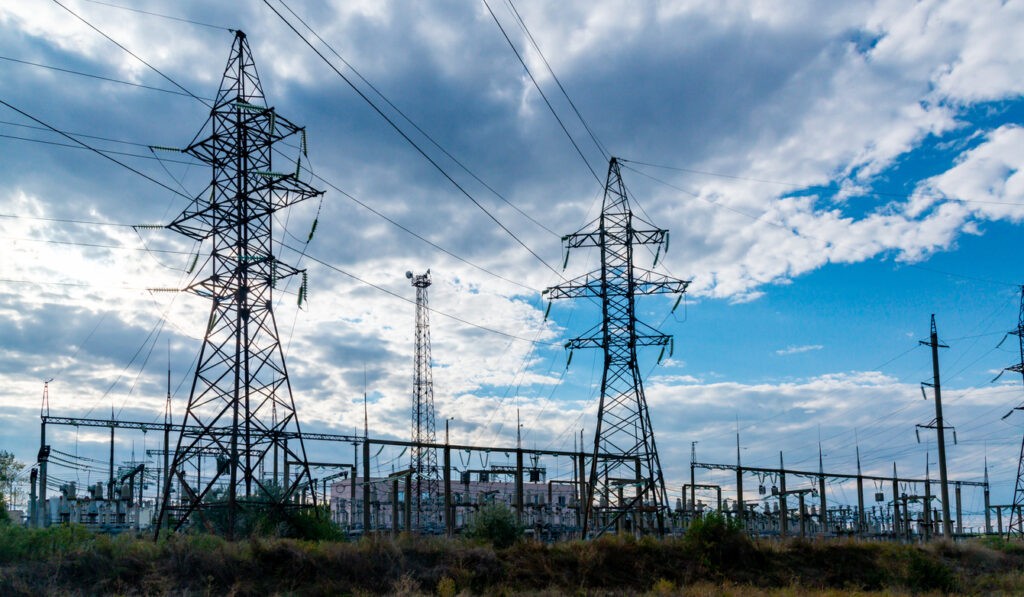BISHKEK (TCA) — This past week, Kyrgyz MPs vigorously debated the Government’s resolution to transfer stakes in nine energy companies in Kyrgyzstan to the charter capital of the National Energy Holding. Finally, 76 deputies supported the document and 27 voted against it.
Kyrgyzstan is now using only one tenth of its energy potential. However, the electricity consumption is increasing each year, and it is vital to improve the efficiency of the energy sector. A National Energy Holding, established in January 2016, was tasked to effectively manage the energy sector and make it open and transparent. However, the holding could not operate without managing the state package of shares in energy companies, owned by the State Property Management Fund.
According to the adopted document, 80.49% of shares of nine JSCs — Electric Power Stations, National Electric Network of Kyrgyzstan, Severelectro, Vostokelektro, Oshelectro, Jalalabadelectro, Bishkek heating network, and all shares of the Chakan Hydro Power Plant and the newly established Kyrgyz Energy Settlement Center — will be transferred to the Energy Holding.
Official report
The head of the National Energy Holding, Aibek Kaliev, told MPs that electricity losses have decreased by 3% this year compared to the same period in 2015.
It is possible to reduce the costs of the energy companies by 700 million soms due to the optimization of non-core functions. The holding also continues to install “smart” electricity meters, to increase the collection of payment for electricity.
Kaliev said that the holding plans to accelerate implementation of infrastructure projects in accordance with the economic priorities of the country, and to develop projects to introduce alternative energy sources.
The Energy Holding is subordinate to the Economy Ministry. According to Economy Minister Arzybek Kojoshev, the ministry is conducting the economic policy as a whole, both short and long term, while the Energy Holding will deal with the energy sector’s governance and reforms, and will reduce energy losses and manage stocks.
Opinions differ
There were heated debates over whether it was necessary to create the Energy Holding or reinstate the Energy Ministry. According to some MPs, the holding will help save the energy industry. Leader of the Onuguu Progress parliamentary faction Bakyt Torobaev recalled that Kyrgyz Energy Holding operated more than twenty years ago, but later it was divided into seven energy companies. As a result, there are now seven companies, seven CEOs, seven boards of directors and audit committees, which demands more costs. This fragmentation has created favorable conditions for corruption. As a result, three billion kilowatt hours have been lost.
Several MPs, including Vice-Speaker Altyn Omurbekova and leader of Respublika—Ata-Jurt parliamentary faction and ex-Prime Minister Omurbek Babanov, suggested disbanding the Energy Holding, reinstating the Energy Ministry and giving to it the Holding’s functions. Babanov doubts that the Energy Holding could ensure unified management of the energy sector, as there is no agency responsible for gas, oil and water issues, which were previously in the competence of the Energy Ministry.
Liquidation of the Energy Ministry was a failure in the policy of the previous Government, expert Valentina Kasymova believes. The Energy Holding was established hastily, without setting its clear goals and commitments to make state energy companies cost-effective.
Current situation
The energy sector is operating at a loss in Kyrgyzstan because, as the Government says, the current tariff for electricity is lower than the cost of its generation.
The country’s energy sector gives one-fifth of GDP but its losses amounted to 10 billion soms in 2015, the leader of the Ata Meken parliamentary faction Omurbek Tekebayev said. The sector is on the verge of bankruptcy, and it is a matter of national security. Having rich hydro power resources, the country imports electricity from Kazakhstan and Tajikistan.
Conclusion
The energy sector’s fragmentation or its merger cannot improve the industry. Such a change from A to B and then back from B to A is an easy way to hide rampant corruption when nobody is responsible for anything, analyst Naryn Aiyp believes.
Whatever is done in Kyrgyzstan, it is not in favor of national interests but in the interests of privileged groups or specific companies, he added. The energy sector is unprofitable not because the electricity is cheap but because it is being stolen, mainly by state-owned enterprises. Distribution companies buy electricity at government rates and then re-sell it at a bargain price, which creates room for corruption.
The analyst does not exclude that the Energy Holding would also get bogged down in corruption, and someone would later suggest splitting it again into several companies to more easily monitor the energy and financial flows, as it was before.










